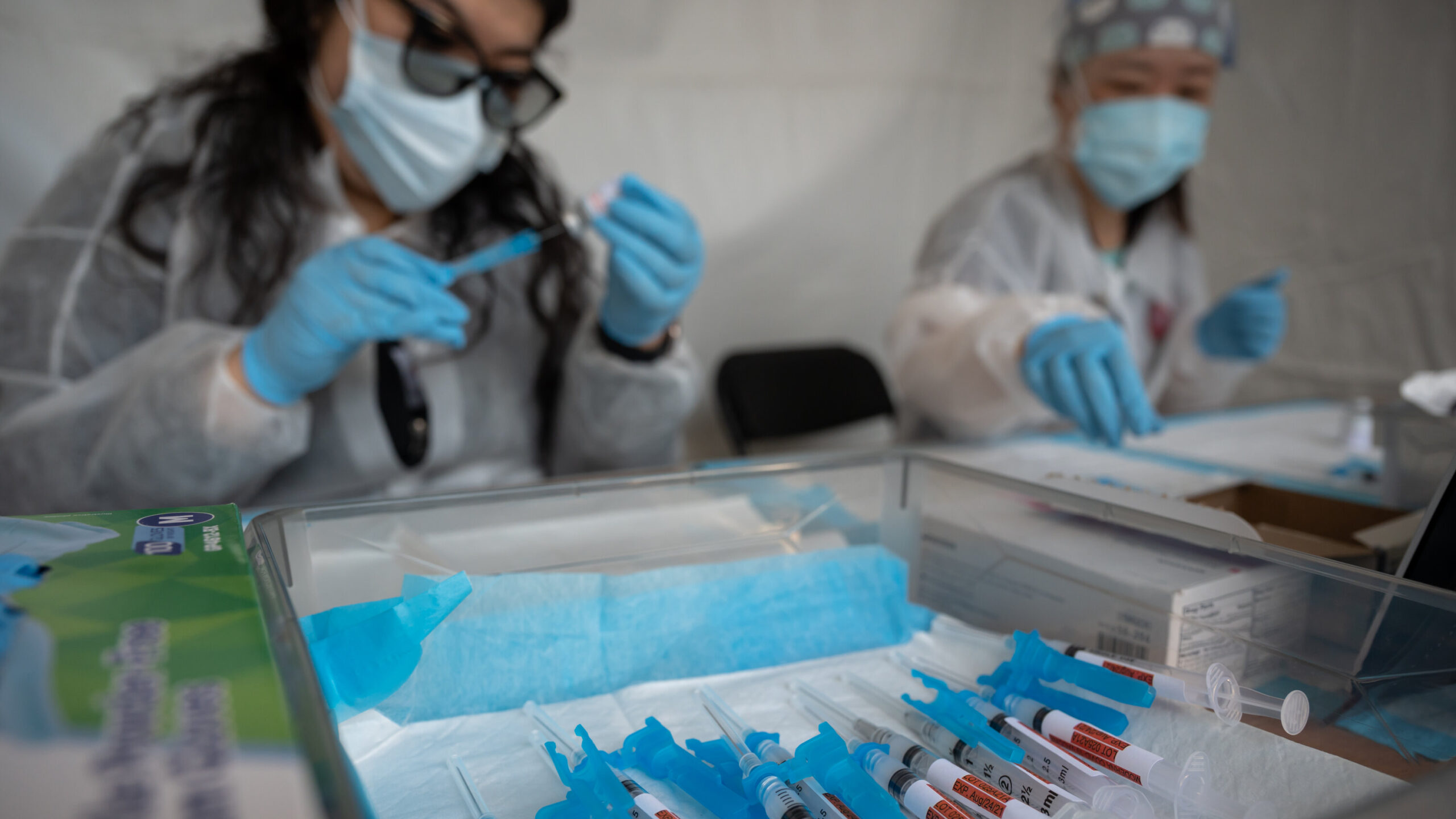The Food and Drug Administration is shifting its COVID-19 vaccination policy to focus primarily on individuals at the greatest risk of severe illness, a move that may reduce broad access to the vaccines for other groups.
According to an article published Tuesday in The New England Journal of Medicine, the agency will continue to authorize vaccines for people aged 65 and older and those with underlying medical conditions. However, for healthy children and younger adults, manufacturers will now be required to conduct larger clinical trials to assess safety and efficacy before authorization is considered.
“We’ve undertaken a multi-year campaign involving repeated boosters and growing public skepticism. But we lack definitive evidence to justify these boosters for those at average or low risk,” said Dr. Vinay Prasad, head of the FDA’s Center for Biologics Evaluation and Research, during a policy briefing.
Health officials say the new direction aligns with the regulatory practices of other high-income nations and aims to reinforce public confidence in COVID-19 vaccines by emphasizing scientific rigor.
Under this updated framework, annual booster shots would not be automatically recommended for everyone. Instead, they would be prioritized for those with medical vulnerabilities, while other groups would require additional clinical data to justify widespread use.
An estimated 100 to 200 million Americans would remain eligible for vaccination under the revised guidelines, a departure from the previous recommendation that included nearly the entire population.
Balancing Flexibility with Scientific Standards
In their joint article, Prasad and FDA Commissioner Dr. Martin Makary characterized the strategy as a measured balance between adaptability and evidence-based decision-making. “This approach maintains approval for high-risk individuals while demanding robust data for lower-risk populations,” they wrote.
Some public health experts welcomed the change. Rick Bright, a former federal vaccine official, called it “a meaningful shift away from a universal model that didn’t fully consider individual risk levels.”
However, others expressed concern over the lack of input from the FDA’s external advisory panels and questioned the necessity of the stricter requirements, given the existing body of evidence supporting vaccine safety and effectiveness.
Critics also warned that narrowing the eligibility could lead to reduced insurance coverage for some groups, potentially restricting access. “Secretary Kennedy has emphasized that vaccines would not be withheld from anyone,” said Michael Osterholm, director of the Center for Infectious Disease Research and Policy at the University of Minnesota. “If insurers stop covering the shots, many people won’t be able to afford them.”
Concerns About Broader Implications
Some experts also argue that the new policy overlooks issues such as long COVID, which can affect individuals of all ages, including children. Dr. Peter Hotez of Baylor College of Medicine noted that immunization may reduce the risk of developing lingering symptoms and should therefore remain broadly accessible.
“There are also people who want to be vaccinated not just for personal protection, but to safeguard family members with higher vulnerability,” Hotez added.
Ethical concerns have also been raised regarding the demand for new trials involving placebos. With the virus still circulating and vaccines proven effective, some experts believe it would be problematic to withhold immunization from study participants.
“It’s difficult to justify giving people placebos when we know the vaccine prevents severe outcomes, and no group is entirely without risk,” said Dr. Paul Offit of the University of Pennsylvania.
Prasad maintains that more data is essential to evaluate whether additional booster doses provide real benefits to younger, healthier individuals. “The reality is we still don’t have clear answers on whether low-risk Americans should receive a seventh or eighth COVID shot,” he said.
An independent FDA advisory panel is scheduled to meet later this week to evaluate the formulation of next season’s COVID-19 boosters.







